Um Ihnen ein optimales Erlebnis zu bieten, verwenden wir Technologien wie Cookies, um Geräteinformationen zu speichern und/oder darauf zuzugreifen. Wenn Sie diesen Technologien zustimmen, können wir Daten wie das Surfverhalten oder eindeutige IDs auf dieser Website verarbeiten. Wenn Sie Ihre Einwillligung nicht erteilen oder zurückziehen, können bestimmte Merkmale und Funktionen beeinträchtigt werden.
Die technische Speicherung oder der Zugang ist unbedingt erforderlich für den rechtmäßigen Zweck, die Nutzung eines bestimmten Dienstes zu ermöglichen, der vom Teilnehmer oder Nutzer ausdrücklich gewünscht wird, oder für den alleinigen Zweck, die Übertragung einer Nachricht über ein elektronisches Kommunikationsnetz durchzuführen.
Die technische Speicherung oder der Zugriff ist für den rechtmäßigen Zweck der Speicherung von Präferenzen erforderlich, die nicht vom Abonnenten oder Benutzer angefordert wurden.
Die technische Speicherung oder der Zugriff, der ausschließlich zu statistischen Zwecken erfolgt.
Die technische Speicherung oder der Zugriff, der ausschließlich zu anonymen statistischen Zwecken verwendet wird. Ohne eine Vorladung, die freiwillige Zustimmung deines Internetdienstanbieters oder zusätzliche Aufzeichnungen von Dritten können die zu diesem Zweck gespeicherten oder abgerufenen Informationen allein in der Regel nicht dazu verwendet werden, dich zu identifizieren.
Die technische Speicherung oder der Zugriff ist erforderlich, um Nutzerprofile zu erstellen, um Werbung zu versenden oder um den Nutzer auf einer Website oder über mehrere Websites hinweg zu ähnlichen Marketingzwecken zu verfolgen.

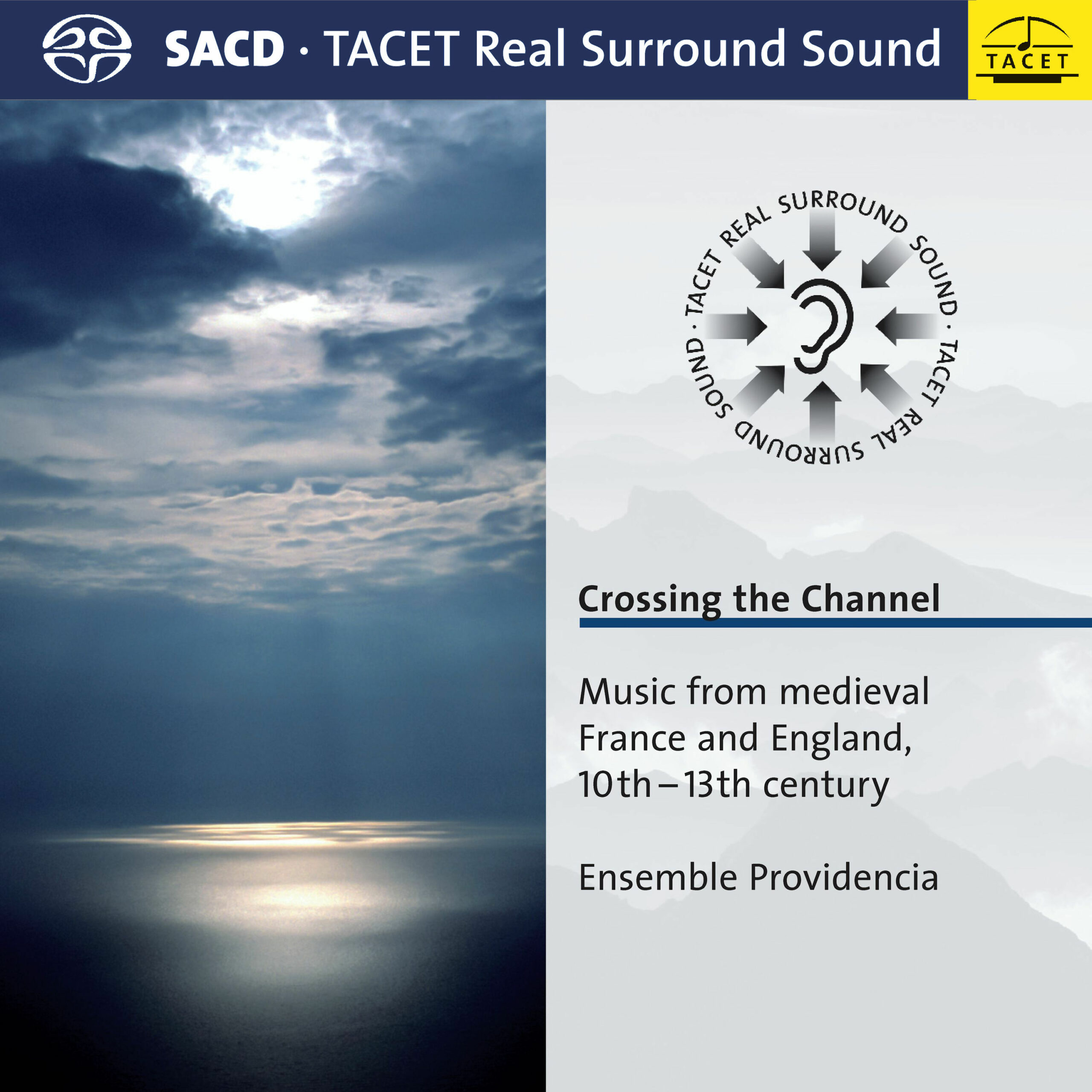
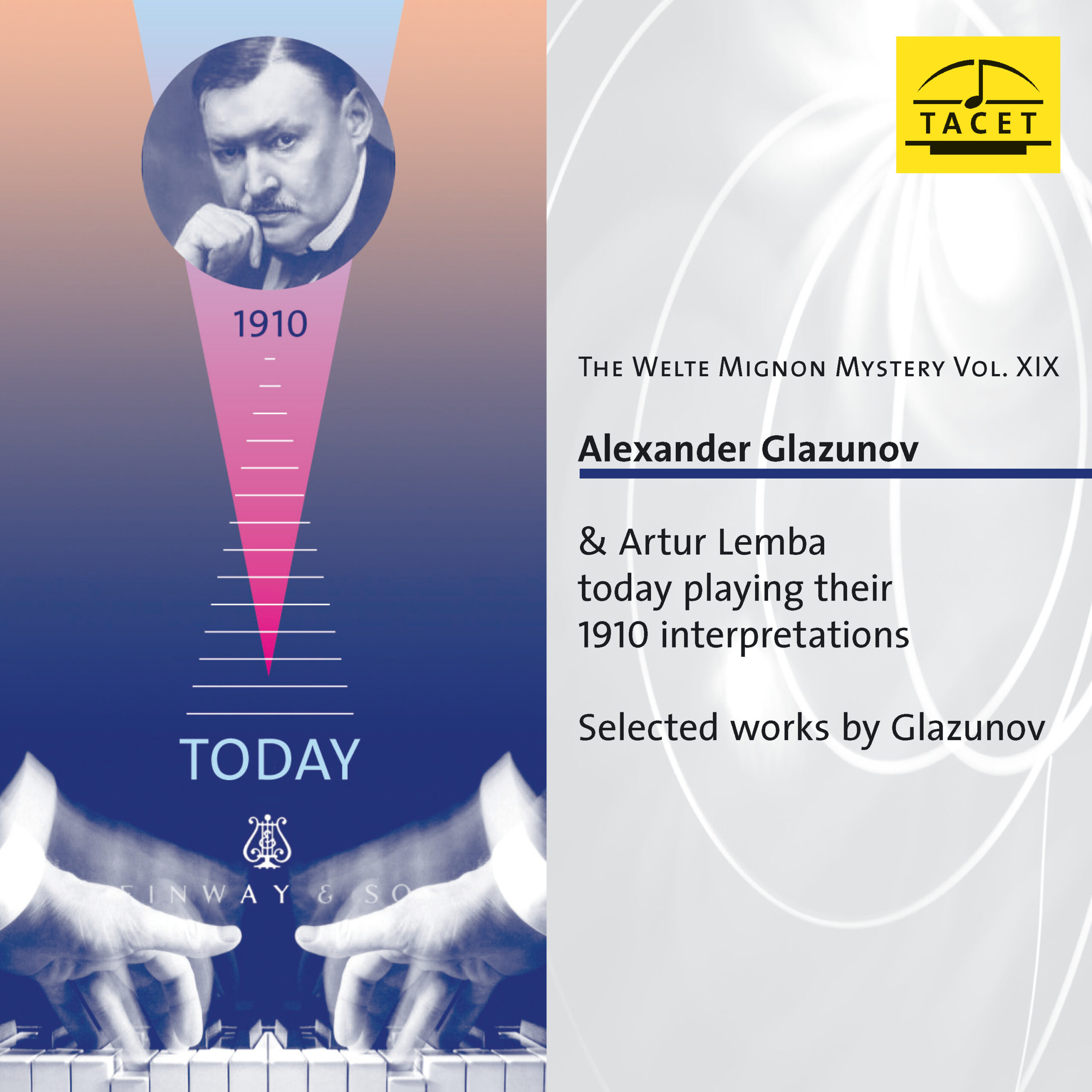
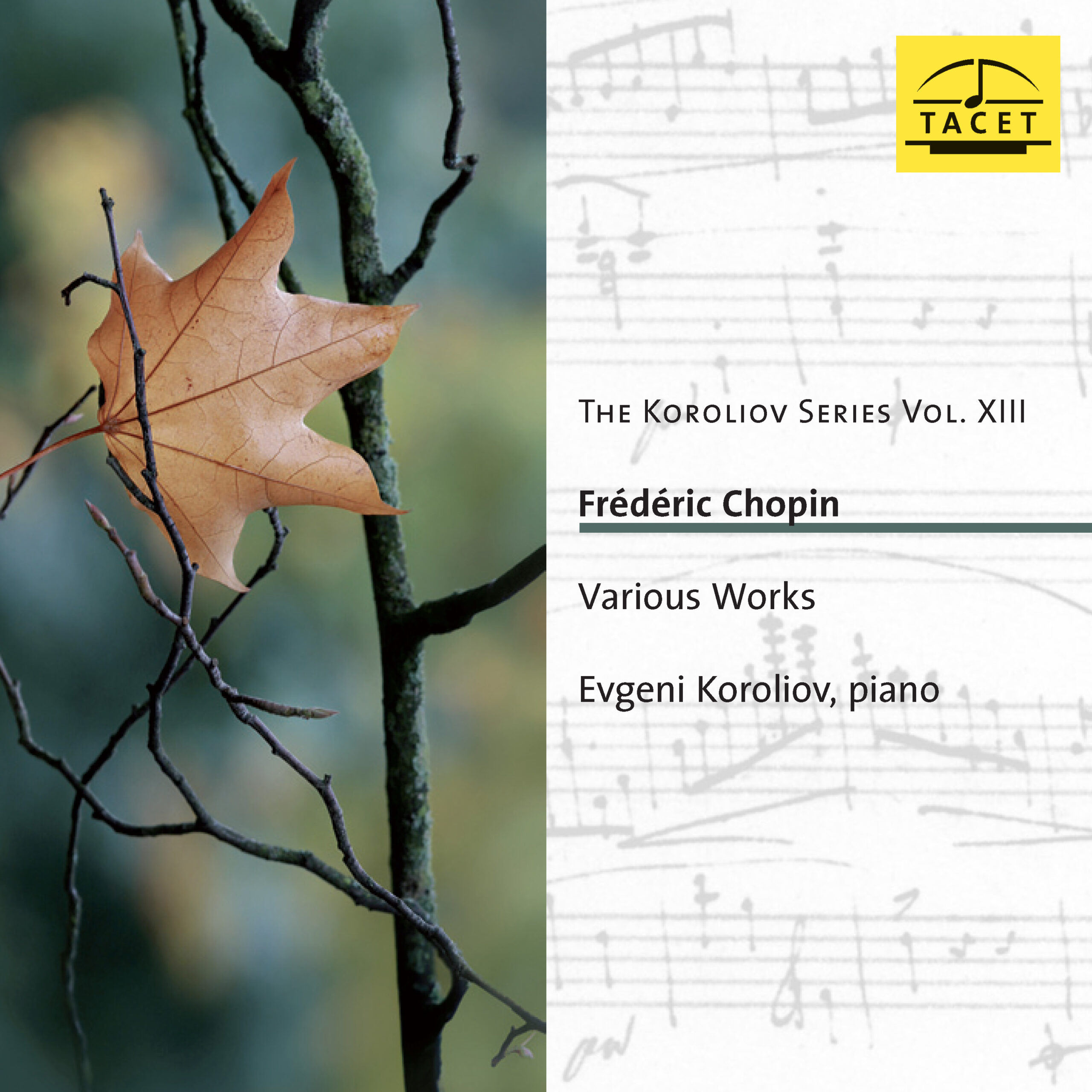
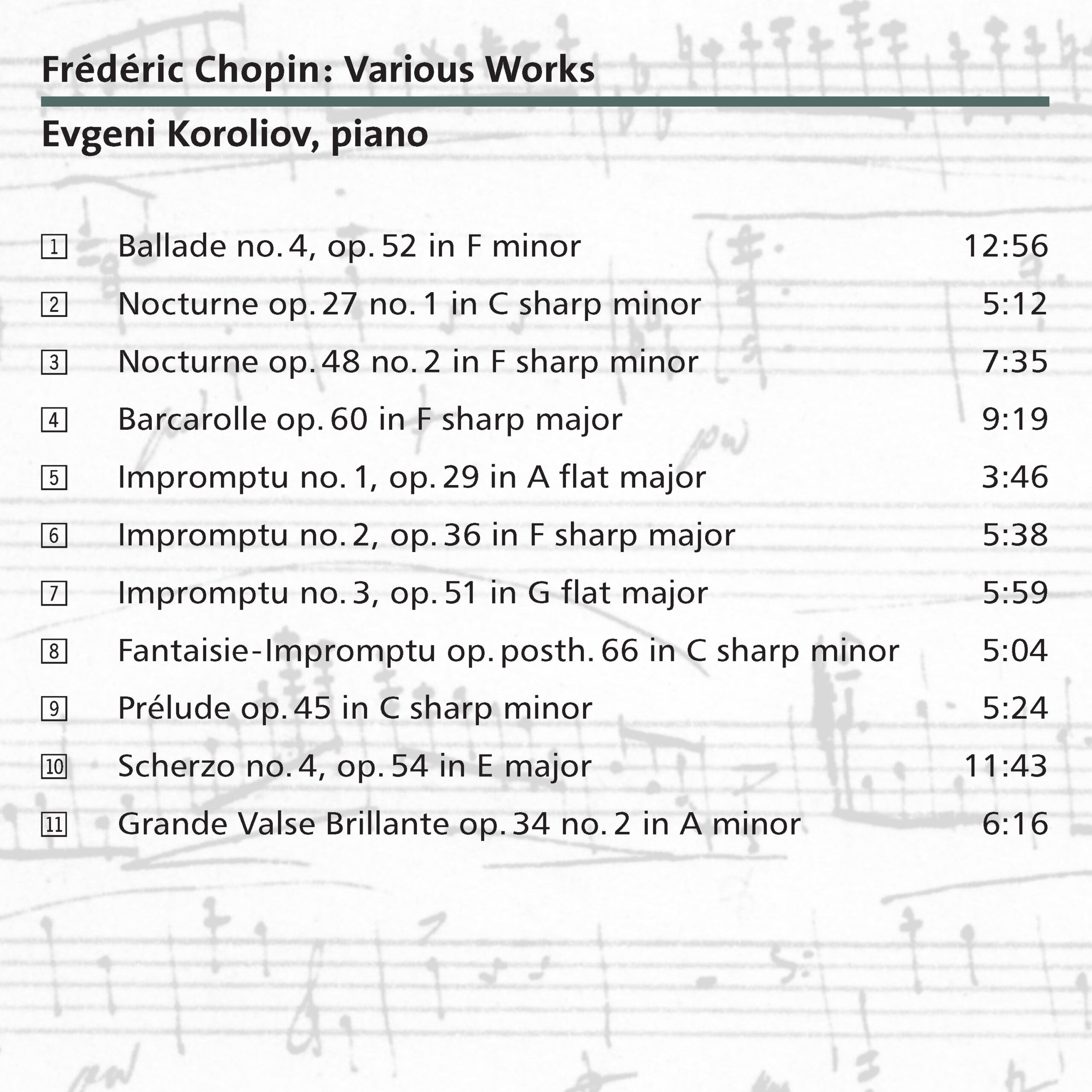



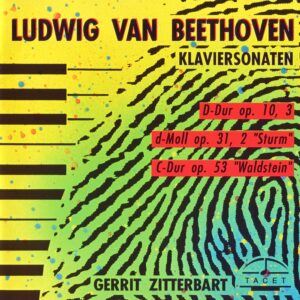
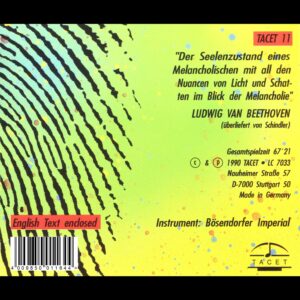
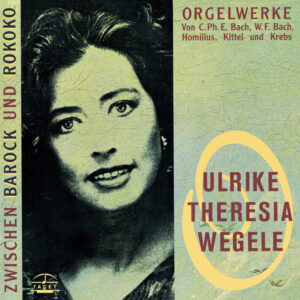
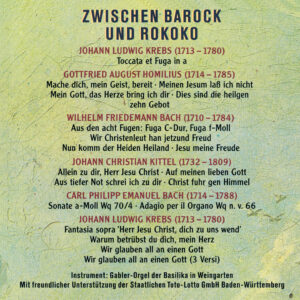
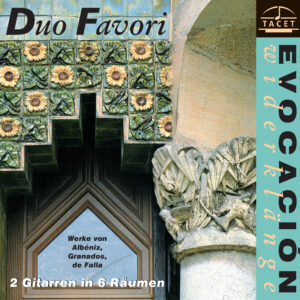
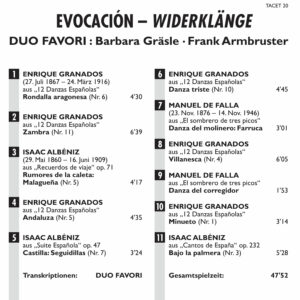
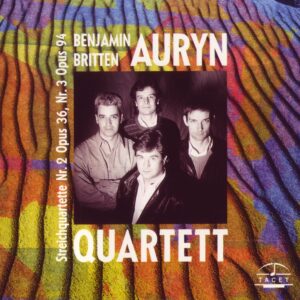
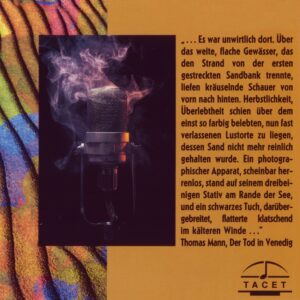
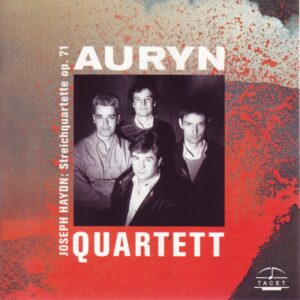
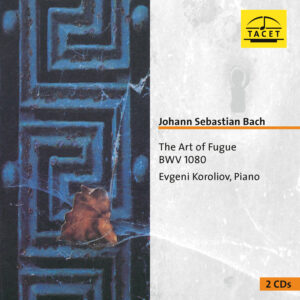
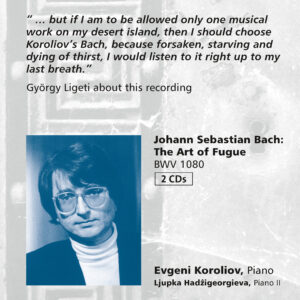
klassik.com –
--> original review
(...) Even for the recording market, which is oversaturated with Chopin records, this recording is an enrichment.
Image Hifi –
(…) Es hat wohl selten ein Komponist die Aufnahme eines Interpreten mit so viel von Herzen kommendem Pathos gelobt wie eben jener György Ligeti die Einspielung der „Kunst der Fuge“ von Evgeni Koroliov. Man muss das nicht immer wieder zitieren. Aber auch vor seiner neuen Chopin-Aufnahme steht man fassungslos: Dieser einst in einer Moskauer Virtuosen-Schule zum mehrfachen Preisträger ausgebildete Pianist verwandelt sich immmer mehr in ein Medium, durch das die Musik nur noch hindurchzufließen scheint. Wie kann jemand so vollständig hinter seinem eigenen Klavierspiel verschwinden und gleichzeitig so viel persönlichen Ausdruck hinein legen? Koroliov spielt Chopin ohne Interesse am virtuosen Triumph oder an klanglicher Verführung. Bei seinem Streifzug durch Gattungen wie Ballade, Impromptu oder Nocturne zählen Klarheit, Balance, auch Intimität. Mit einer subtilen Andeutung erreicht Koroliov mehr als alle pianistischen Parfum-Zerstäuber, Weihrauch-Schwenker und Hexenmeister zusammen. Andreas Spreer hat dafür gesorgt, dass uns von dieser Kunst auch klanglich nichts entgeht. Schöner kann man einen Konzertflügel nicht aufnehmen. (…)
Heinz Gelking, Image Hifi
Fanfare Magazin –
Ever since I first became acquainted with Evgeni Koroliov’s playing—initially of Bach and Handel and later of Prokofiev and Mozart—the pianist has always intrigued me. Perhaps it is his always interesting, yet always unique way of approaching the classics, but perhaps even more so, it is his engaging way of communicating through the music he chooses. And for any pianist, Chopin must always be of at least some interest, so brilliantly did the composer write for the instrument and so heartfelt is his music. From the opening of the F-Minor Ballade I could already tell that something was different here. Koroliov sees this piece rather much more of a story being told in the moment—a story to which seemingly he does not yet know the ending—than the recreation of one already told. His loose way with the rhythm at first bothered me, but when I saw how he was approaching the piece, in an almost improvisatory way, the effect became magical. The contrasts in sections were rather less jarring than in some performances: there is much more fluidity to his pacing, an almost inevitability of every section which follows another. Most remarkable here, though, is the way which Koroliov not only makes the piano sing, but speak—the way he approaches each melodic line, it is almost as though the subtle changes in color, in dynamics, in slight adjustments of tempo are mimicking a protagonist’s voice. The Nocturnes are similar in approach, yet different as well: there are less varied moods throughout the individual pieces; they still feel improvisatory in nature, and yet Koroliov does not speak through them. Their message must be sung. And sing they do in the pianist’s capable hands. The Impromptus found in the middle of the recital are a breath of fresh air and amazingly, the way Koroliov handles them, these pieces sound the least improvisatory of all. There is an almost classical sense of pacing here: the pieces sound anew in that they give a remarkable stability and sense of being in the moment, of knowing exactly where one is and to where one is going. The E-Major Scherzo, in a sense, brings us full around and reveals yet a different side of both composer and performer. The mood is lighter, airier, yet the tension of the story is still there. Koroliov’s passagework sparkles, the rapid staccato chords bounce, and the middle section’s melancholic melody is simple in effect, yet aptly heart-wrenching. This is some of the finest Chopin playing that I’ve come across is years: this is not Rubinstein’s way, nor Pollini’s. Koroliov finds a way all his own. And the more one listens to him, the more convinced one becomes that this is the way this music should be played. What more can I say? Grab it and enjoy!
Scott Noriega, Fanfare
Pizzicato –
Brilliant
Evgeni Koroliov is a pianist who has often thrilled and moved us. Now in his sixties, he, who was trained by the legendary Heinrich Neuhaus, is himself a renowned piano teacher. Amidst teaching and concerts, he thankfully finds time to record. Following a CD of delightful Mazurkas, TACET releases this album with other beautiful interpretations of Chopin, elegant in their melodic flow, with refined legato and absolutely extraordinary rubato. All of this is adorned with a touch of nostalgia that adds the final touch to these brilliant readings. Try to find a better Fourth Ballade or a more intricate Barcarolle. The Fantasie-Impromptu is another highlight of the album. And what about the 4th Scherzo and the Grande valse brillante, where the composer's romantic heart holds the reins high to prolong the sweet pleasure of this nostalgic song.
RéF, Pizzicato
Concerti –
--> original review
Inner glow
Evgeni Koroliov's Bach recordings are legendary. The composer György Ligeti once admitted that, if he had to choose only one record to take to a famous deserted island, it would be Koroliov's 1990 recording of "Die Kunst der Fuge" ("The Art of Fugue"). On his latest CD, Evgeni Koroliov turns his attention to the works of Frédéric Chopin, including Ballade No. 4, the Nocturnes, the Impromptus, and Grande Valse Brillante op. 34 No. 2 in A minor. The delicate structures of Chopin's compositions are played with transparency, and Koroliov reveals the underlying analytical structures. At the same time, Koroliov's interpretations are sensitive, intimate, and highly emotional. Without resorting to showiness or forced pathos, he imparts an inner radiance to Chopin's pieces. It's reminiscent of how it might have sounded when the composer fantasized at the piano in Georges Sand's residence in Nohant during the night. One of the most enchanting and moving Chopin recordings of recent decades!
Eckhard Weber
myself 09/2012 –
Evgeni Koroliov ist einer der ganz Stillen unter den ganz Großen. Das macht ihn zu einem einzigartigen Interpreten Chopins. Mit „The Koroliov Series Vol. XIII“ spürt der russische Pianist der Melancholie des Komponisten nach. (…)
„myself“ 09/2012
Piano News –
It is not only the extraordinarily refined touch that makes Evgeni Koroliov's Chopin interpretations so unique, but also the special clarity, often veering towards the ethereal and introspective, and Koroliov's constant inclination towards the analytical and illuminating of structure. While the two Nocturnes op. 27 No. 1 and op. 48 No. 2 may breathe a certain heaviness, contrasting with the flowing freshness of the Barcarolle op. 60, the overall dramaturgy of the entire collection of ballades, nocturnes, impromptus, and other forms is thoroughly considered. Occasionally, even the typically strict Koroliov gets lost in reverie and rapture. However, everything is well-paced and deeply felt.
Ernst Hoffmann, Piano News
Sächsische Zeitung Dresden –
(…) The new CD by Evgeni Koroliov brings together various piano works, including Nocturnes, the grand F minor Ballade, all four Impromptus, and the popular Barcarolle. The 62-year-old Russian is considered one of the leading interpreters of Bach on the modern piano, and he demonstrates a masterful blend of strict counterpoint and melody in Chopin, who saw himself as an heir to Bach. (…)
Jens-Uwe-Sommerschuh
hr2-Kultur, Der CD-Tipp –
(…) Man kann Jewgenij Koroliow auf dieser CD als einen äußerst feinnervigen und klangverliebten Pianisten erleben, was übrigens auch ein Verdienst seines Labels „TACET“ ist, das den Klavierton sehr natürlich, aber in all seinem Reichtum an Farben eingefangen hat. (…)
Martin Grunenberg
Stuttgarter Nachrichten Nr. 155 –
The Grande Valse Brillante op. 34 in A-flat major begins with exploratory movements of the right hand in a minor key. The brilliance is only in the title. With Evgeni Koroliov, a Chopin CD concludes in a contemplative manner. The assertive gesture is not his style. It's not about shining. It's about revealing what is within and how it sparkles. Nevertheless, this Chopin performance is magnificent. This is due to the colors. As a great Bach player, Koroliov has naturally explored the essence of keys and how they interact. Chopin loved Bach and studied him thoroughly. Ornamentations have a purpose, never merely ornaments, like Swarovski crystals on a salon dress. Koroliov, the artist, flaunts virtues. He resides within the realm of sound. Afternoon light falls like in paintings by Adolph Menzel. The Prelude op. 45: a sound study in C-sharp minor. Dreams emanate from the piano. The C-sharp minor Nocturne op. 27 rises from the keys, touched by moonlight. The F minor Ballade op. 52 seems to reflect upon itself, as if improvised, not strictly bound by the meter. As if playing the piano were as natural as breathing. The oscillating wave of motion arises from acceleration and deceleration. Thoughts wander. Koroliov doesn't want to tell a story himself; he leaves that to Chopin. He reaches into the void and makes shapes visible. His playing is contemplative and communicative. In a way thought to be lost: the rediscovered time. It's like Proust.
Jürgen Holwein